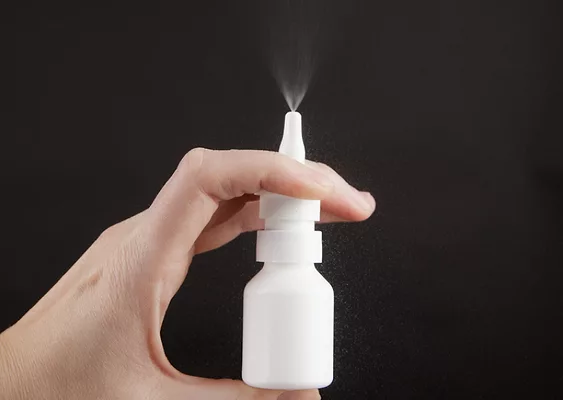Transcranial Direct-Current Stimulation in Depression Reconsidered
Deepti Anbarasan, MD.
Dr. Anbarasan has disclosed that he has no relevant financial or other interests in any commercial companies pertaining to this educational activity.
Read More

 Nolan Williams, MD
Nolan Williams, MD

 Bret A. Moore, PsyD, ABPP
Board-Certified Clinical Psychologist, San Antonio, TX
Dr. Moore has disclosed that he has no relevant financial or other interests in any commercial companies pertaining to this educational activity.
Bret A. Moore, PsyD, ABPP
Board-Certified Clinical Psychologist, San Antonio, TX
Dr. Moore has disclosed that he has no relevant financial or other interests in any commercial companies pertaining to this educational activity.

_-The-Breakthrough-Antipsychotic-That-Could-Change-Everything.webp?t=1729528747)



